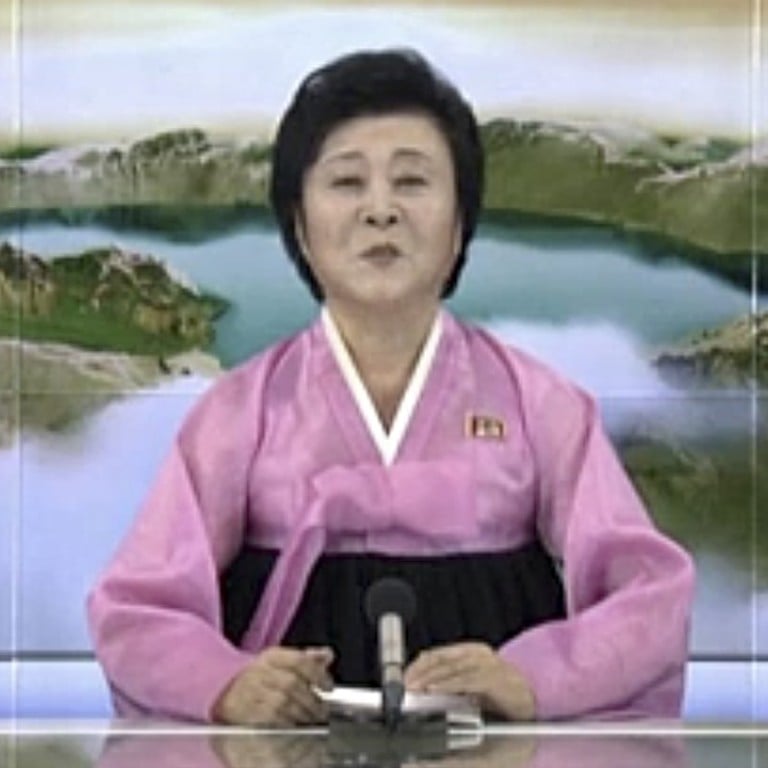
Is US ignorant of the limits of Chinese influence over North Korea?
The US president’s demands that Beijing rein in its neighbour overestimate its influence and help Pyongyang drive a wedge between China and America
Confronted with a watershed moment in the rogue state’s efforts to develop a nuclear weapon capable of hitting the mainland United States, the American president’s confused reaction was to take to social media to demand China “end this nonsense once and for all”.
The delivery system Trump used to launch his first salvo in the latest crisis to engulf the Korean peninsula was predictable enough – Twitter. Likewise predictable was that in aiming at Beijing, rather than Pyongyang, he was, as usual, a few hundred kilometres off target.
This was no simple misfiring on Trump’s behalf – but the latest in a long line of potshots towards China that suggest the US president’s sights are permanently misaligned when it comes to North Korea.
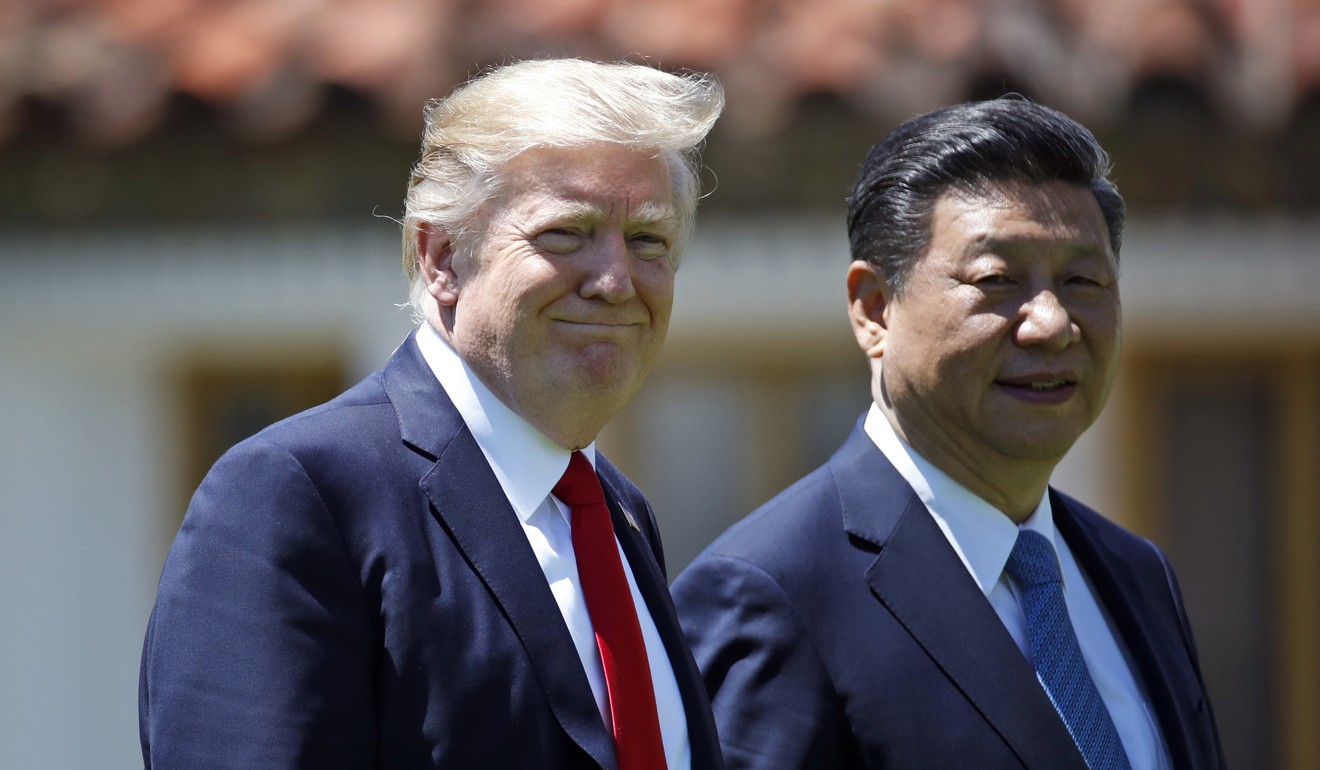
Mystery of the North Koreans who left Macau for Zhuhai
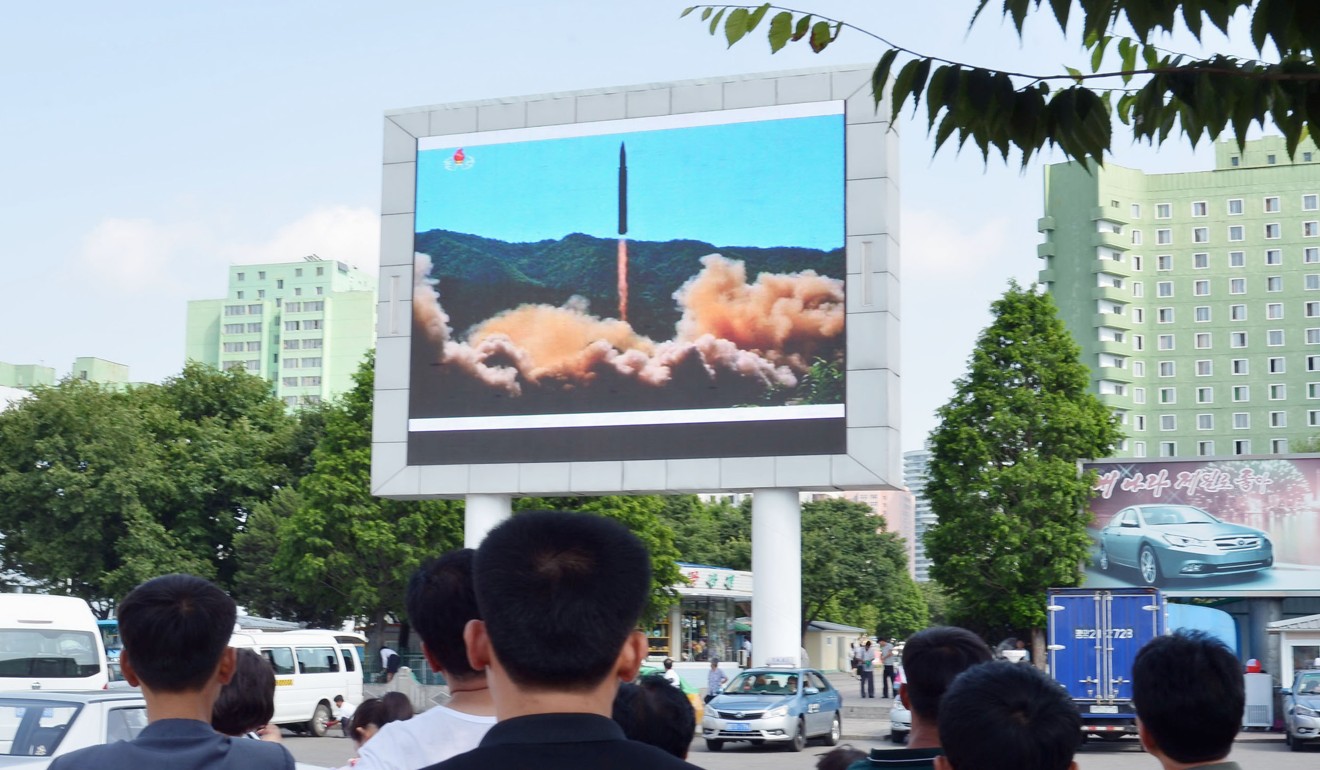
Trump’s approach has reinforced the end of the Obama-era policy of “strategic patience” towards Pyongyang. Viewed from Beijing, Trump’s impatience is equally directed at Beijing.
Is America really so ignorant about the limits of Chinese influence over North Korea?
North Korea’s passed a dangerous nuclear threshold – did anybody notice?
By the time Xi met Trump in Florida, he had already been shown to have a rather weak record in dealing with issues on the Korean peninsula.
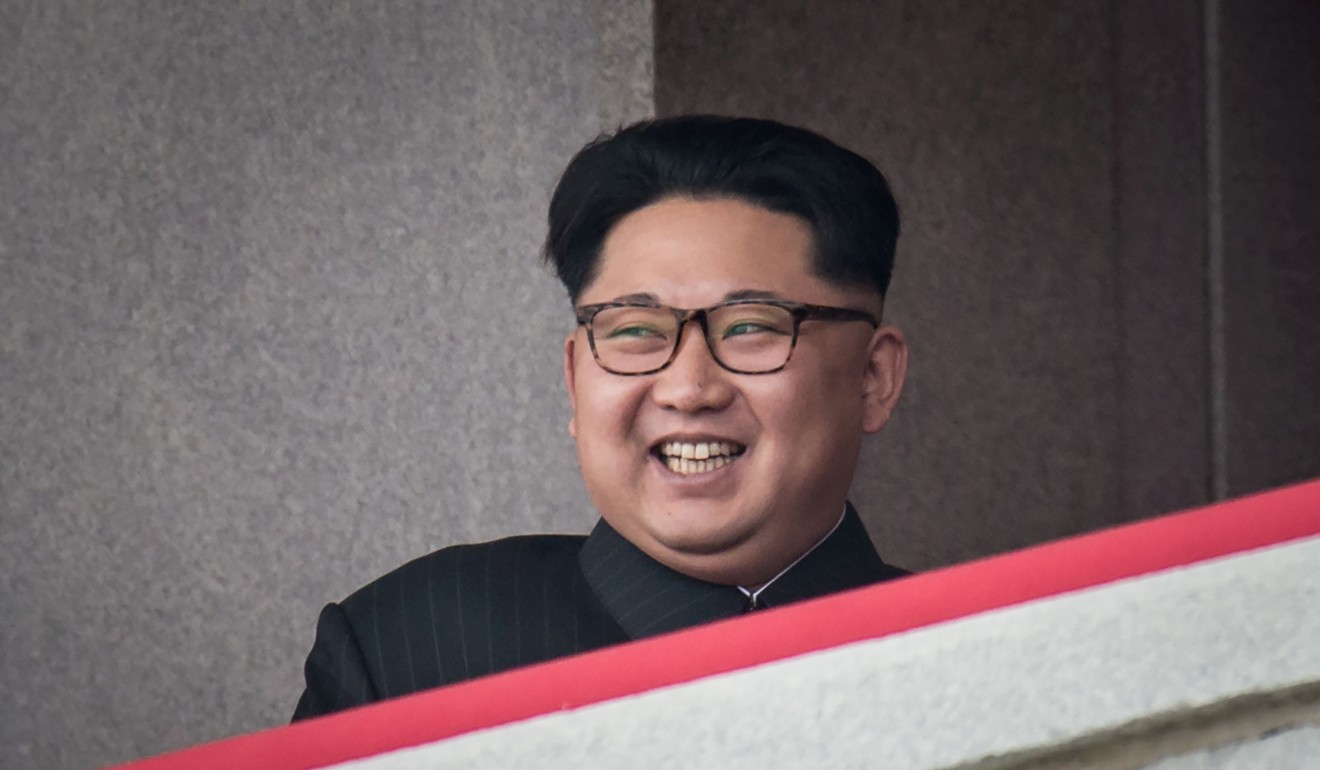
When Park accepted Beijing’s invitation to attend its parade marking the 70th anniversary of the second world war in September 2015, she was the only head of state from an Organisation for Economic Co-operation and Development country to attend – and she did so despite the US lobbying most of its key allies to boycott the event.
At the time of the parade, commentators made much of the apparent strengthening of Chinese-Korean links. Since the deployment of THAAD, they’ve fallen silent.
To be fair, China has persistently failed to dispel the impression in the outside world that it wields significant influence over North Korea. It has also failed to dispel the notion held in some quarters that it is complicit – at least to a degree – in Pyongyang’s pursuit of confrontation with the United States, South Korea and Japan.
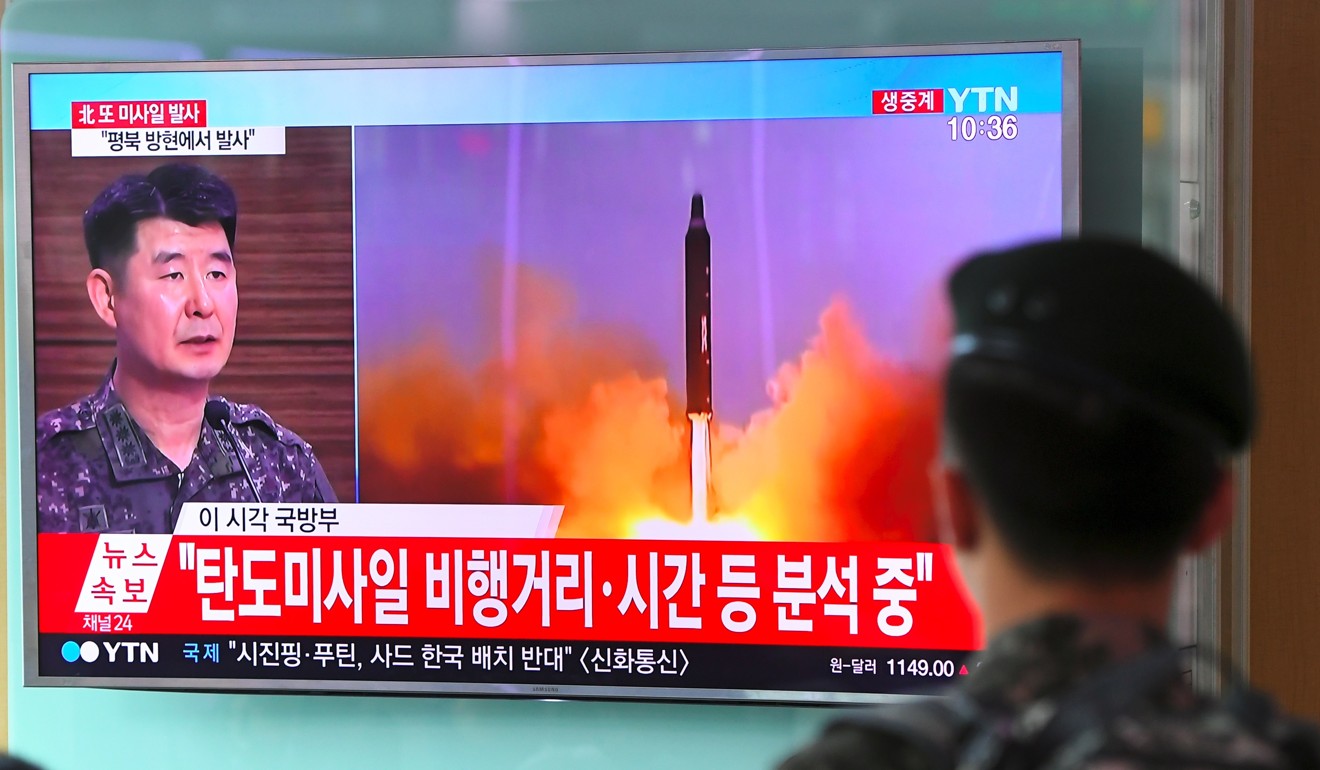
On that occasion, China played no part in either the diplomatic process or the ensuing aid-for-freeze arrangement.
And even when China is brought to the table, it’s influence appears negligible. Nearly 10 years after the 1994 breakthrough, when Pyongyang withdrew from the Non-Proliferation Treaty, China was asked to become part of the multilateral effort to entice North Korea to change its behaviour. Yet even with China’s inclusion in the Six-Party Talks, Pyongyang has continuously and unambiguously pursued its nuclear weapons programme – up to and including its development of an intercontinental missile delivery capacity.
Opinion: North Korea is addicted to missiles
Such history – and China’s record of working with the Obama administration and other members of the P5+1 negotiations with Iran – should be enough to dissuade international scepticism about China’s commitment to the North Korean issue.
WATCH: North Korea claims successful test of intercontinental ballistic missile
Yet Trump continues to voice displeasure with Chinese efforts at getting North Korea to heed the outside world’s demands. In response, Beijing continues to lodge protests against US “secondary sanctions” on Chinese entities. The result is that, rather than reel in North Korea, Sino-US ties are put at risk.
If the US is serious about curbing North Korea’s nuclear ambitions, it must eschew its pride and talk directly to North Korea, rather than continuing merely to talk about it.
For its part, China must implement those multilateral sanctions against North Korea it agrees upon – or face the erosion of its diplomatic credibility.
What both China and the United States must do is resist the temptation to exploit the North Korean situation as a bargaining chip for gains on other fronts.
Doing so would serve only to ensure the “nonsense” continues – and present a ready wedge for North Korea and other actors to drive Beijing and Washington further apart. ■
Zha Daojiong is professor of international political economy at the School of International Studies, Peking University

